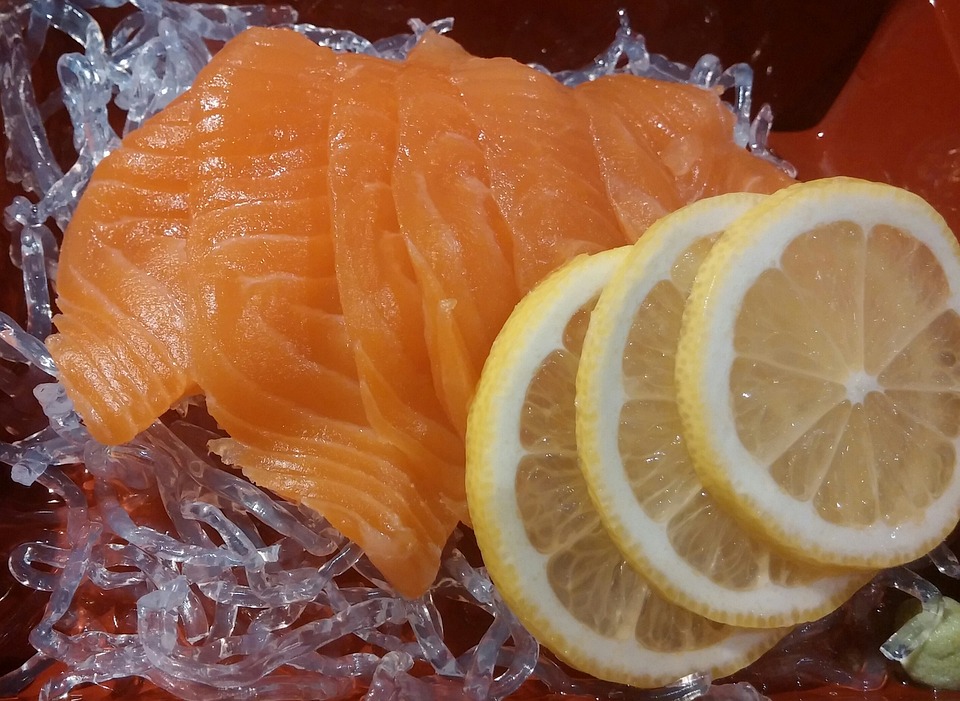By Mary Pletsch 29 Jan 2018 no comment 1188 Views
Omega-3, also known as linolenic acid, is a polyunsaturated fatty acid. It is considered an essential fatty acid (EFA) because our bodies can’t synthesize it. Therefore it is essential that we make it part of our diet.
Omega-3 is responsible for controlling many physiological processes in the body. It plays an important role in immune, brain and reproductive function, oxygen transport, and cardiovascular/nervous system health. Omega-3 is crucial to infant development. It assists with cancer prevention. It fights inflammation throughout the body.
Omega-3 can be found in various oils such as flaxseed, canola, safflower and soybean. Other sources include oily fish such as salmon, tuna, sardines, trout, and mackerel; pumpkin seeds, walnuts, wheat germ and dark leafy green vegetables.
Replacing negative fats with healthy Omega-3
Some “bad” fats that you do want to minimize, however, include meat fat, dairy fat, hydrogenated oils, and palm oil. These fats are high in saturated and trans fatty acids, which can be harmful to one’s health. They have been linked to various cancers, such as colorectal and breast cancer. Also, they are linked to elevated blood cholesterol, diabetes, atherosclerosis leading to hypertension, and obesity.
Thus, it is a good idea to eliminate these fats from your diet as much as possible. Instead, eat plenty of foods containing Omega-3. Substituting the above-mentioned foods into your diet a couple of times per week will ensure you are getting your recommended doses.

